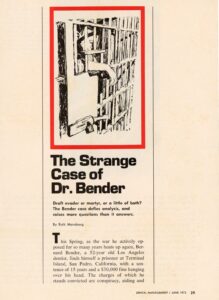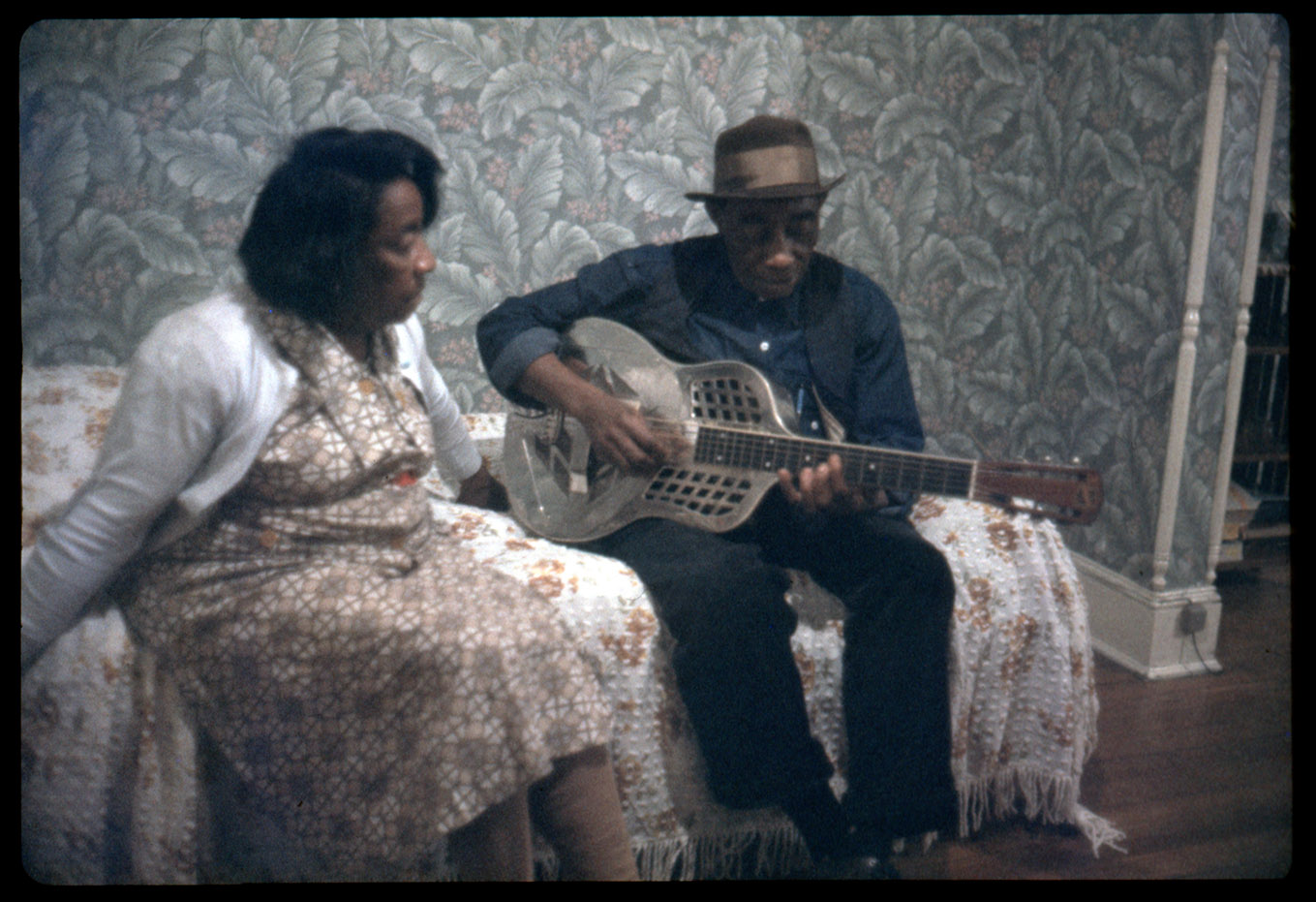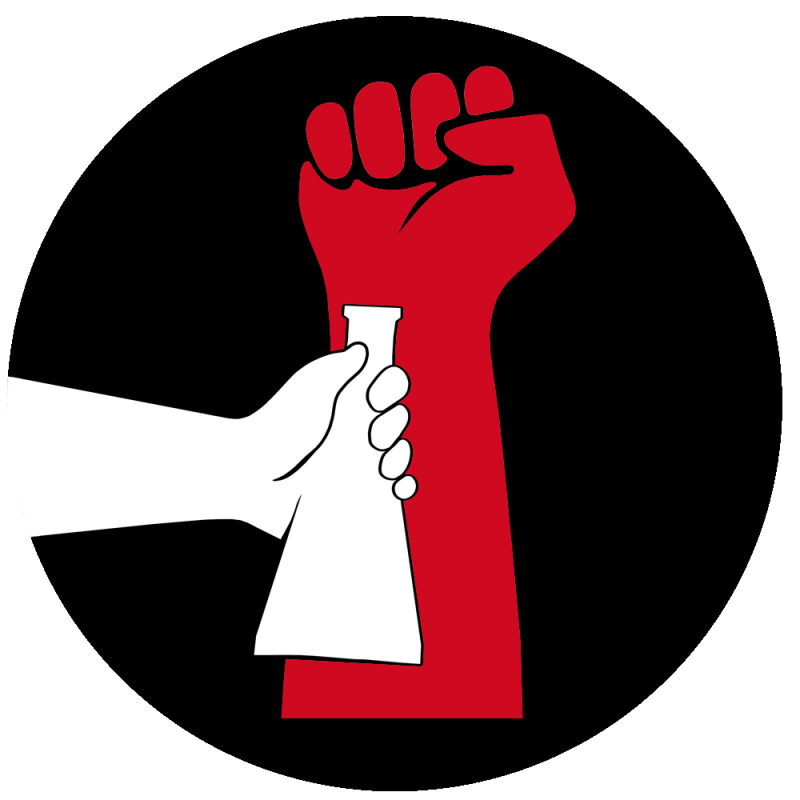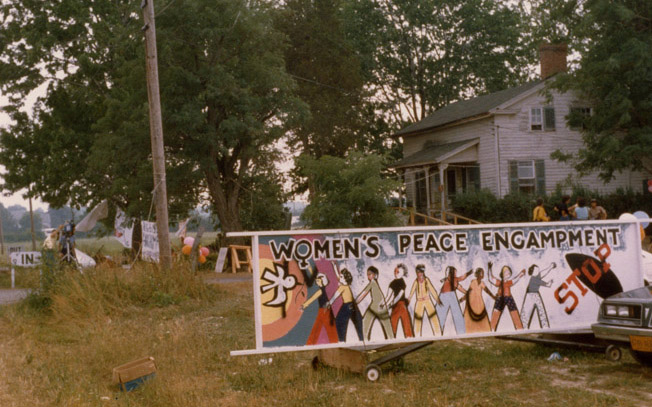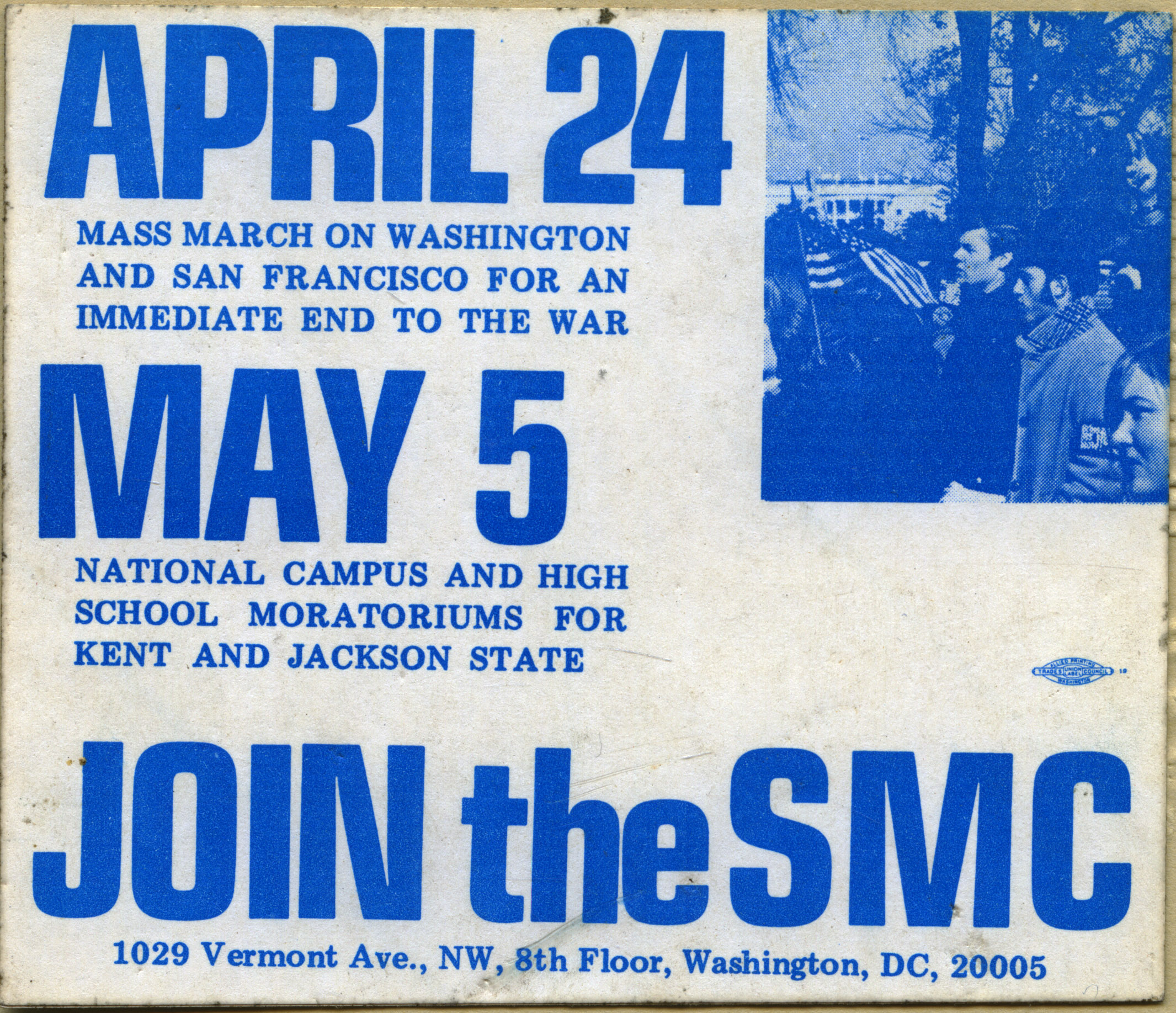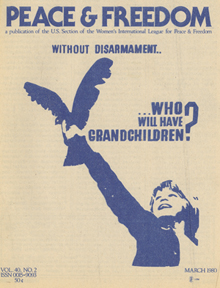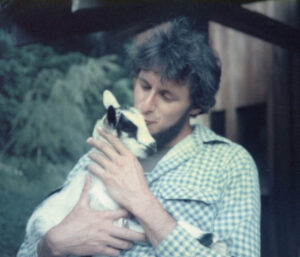Phyllis Rodin Papers
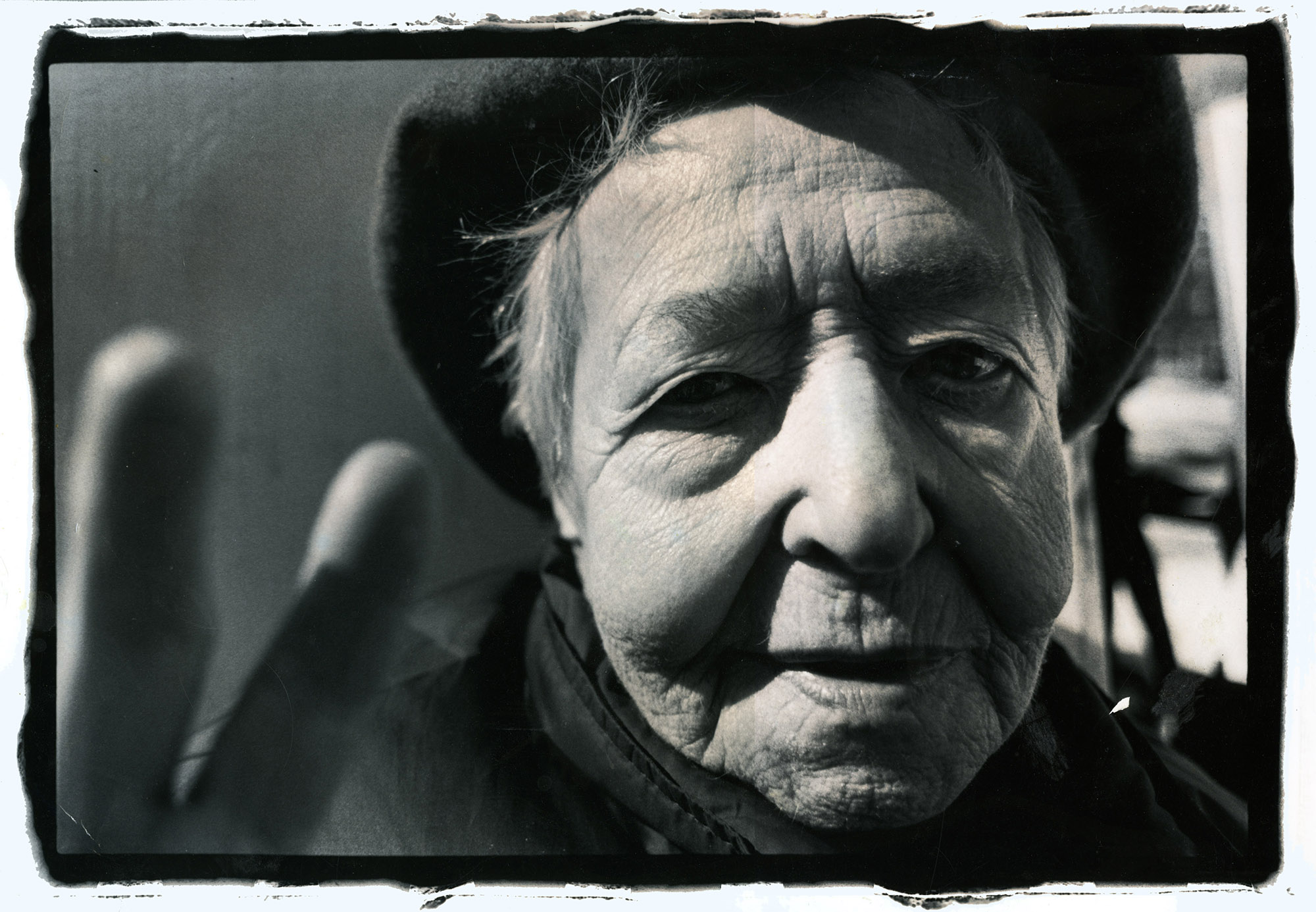
Temporarily stored offsite; contact SCUA to request materials from this collection.
Born into a Jewish Lithuanian family in Williamsburg., N.Y., on May 10, 1914, Phyllis Rodin was drawn to the struggle for peace and social justice from early in life. Her widowed mother set an example as an antiwar activist and advocate for women’s rights, and after marrying at age 18, Phyllis and her husband ran a dairy farm that they reorganized on cooperative principles in the 1930s. A watershed in her life came after witnessing the suffering of war first hand while engaged as a psychiatric aid worker for the Red Cross during the Second World War. From that point, Rodin was an unrelenting activist for peace, traveling internationally and remaining vocal through the McCarthy era and Vietnam War and diving headlong into the second wave of the feminist movement. Returning to school late in life, she completed an undergraduate degree at Wisconsin before moving to Amherst in 1980 to study for a doctorate in Future Studies through the UMass Department of Education. Her activism barely skipped a beat as she worked closely with Quaker groups and stalwart activists such as her friend Frances Crowe to oppose nuclear weapons and violence in all forms. Rodin died in Amherst on Jan. 2015.
The Rodin Papers are the product of a long life of a woman devoted to the struggle for peace, feminism, and social justice. Richer in documenting Rodin’s latter decades and the philosophy of world peace she honed, the collection contains an abundance of correspondence, ephemera, and audiovisual materials related to international work in peacebuilding.


